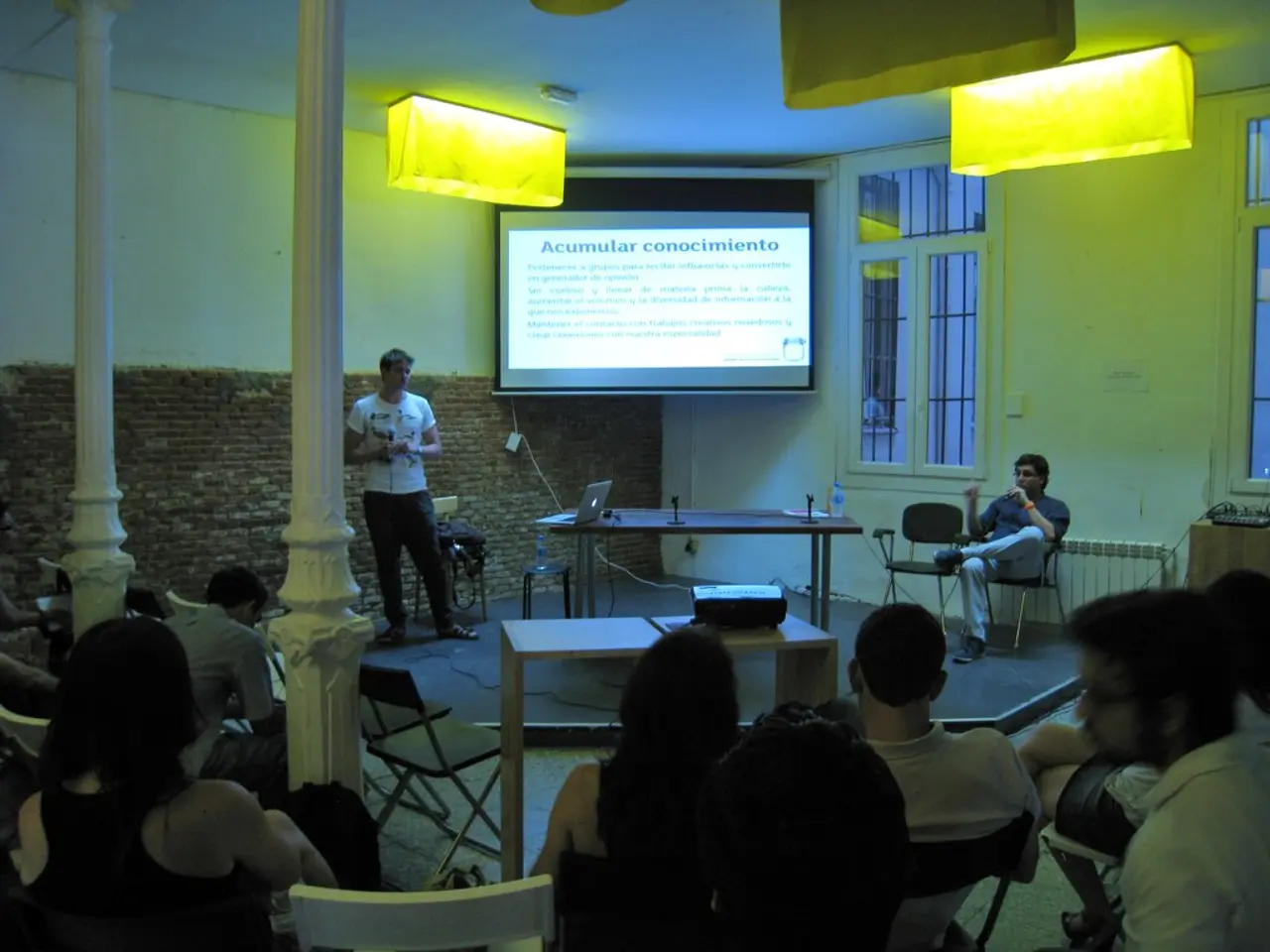Migrating Dilemma: Herrmann Steadfast in Border Blockades Similarly to Chancellor Friedrich Merz, Joachim Herrmann, Bavaria's Interior Minister, holds strong opinions on turning away asylum seekers at the border, a contentious measure still facing legal scrutiny. During a recent speech in Munich, Herrmann asserted, "Although we lack specifics about the individual cases behind the current Administrative Court of Berlin's ruling, we deem heightened border controls and border rejections, as per the Federal Ministry of the Interior's approach, an immediate necessity and legally permissible."
Border Turnbacks Continue to Be Justified by Herrmann - Border refusal remains within acceptable limits, according to Herrmann's perspective.
Initially ordered by Alexander Dobrindt on May 7, border controls were tightened, and asylum seekers were rejected at the border under certain circumstances. Examples include children and pregnant women.
Earlier this week, the Administrative Court of Berlin ruled in an emergency decision that the rejection of three Somalis at a border control point was unlawful, as it was unclear which EU state had jurisdiction over their asylum applications. The three applicants were subsequently sent back to Poland.
Herrmann believes Article 72 of the Treaty on the Functioning of the European Union clearly has stipulations that neither conflict with the rules of European asylum and migration law nor limit member states' power to uphold public order and safeguard internal security.
Citing the intensifying migrant situation in Germany, Herrmann reasoned, "The risk of straining municipalities and jeopardizing the political stability of the country is considerable. As long as the EU's external border protection fails and EU-wide measures are not fully in effect, border control within Germany remains indispensable. Germany's asylum law permits the refusal of entry to aliens even if they apply for asylum when they are entering from a safe third country, a provision that is now being enforced."
In the past, Merz had highlighted that the Berlin court's decision might further curtail the government's flexibility, but there are still avenues for action, and rejections should continue to be executed.
- Joachim Herrmann
- Migrant Policy
- Border Rejections
- Friedrich Merz
- Berlin
- Bavaria
- Munich
- Border Control
- Administrative Court
- EU
- Asylum
- Federal Ministry of the Interior
- CSU
- Alexander Dobrindt
In the broader context, Germany's migration policy is undergoing significant transformations, though concrete details on border rejections backed by Joachim Herrmann and Friedrich Merz remain scarce in current data. The changing policies include family reunification restrictions, altered citizenship requirements, and an emphasis on infrastructure preservation. The legal implications and humanitarian repercussions of such border rejections are variable, impacting family relationships, long-term integration plans, and the humanitarian response for migrants in need. While the stance of the aforementioned political figures on border rejections remains elusive, their support towards the overall policy changes is evident.
- Joachim Herrmann, Bavaria's Interior Minister, and Friedrich Merz, a fellow political figure, have advocated for border rejections as part of a broader transformation in Germany's migration policy, a stance that may have implications for family relationships, long-term integration plans, and humanitarian responses for migrants.
- Though details on specific border rejections backed by Joachim Herrmann and Friedrich Merz are scant in current data, the changing policies include measures such as family reunification restrictions, altered citizenship requirements, and an emphasis on infrastructure preservation, suggesting a shift in Germany's approach to migration and asylum.








